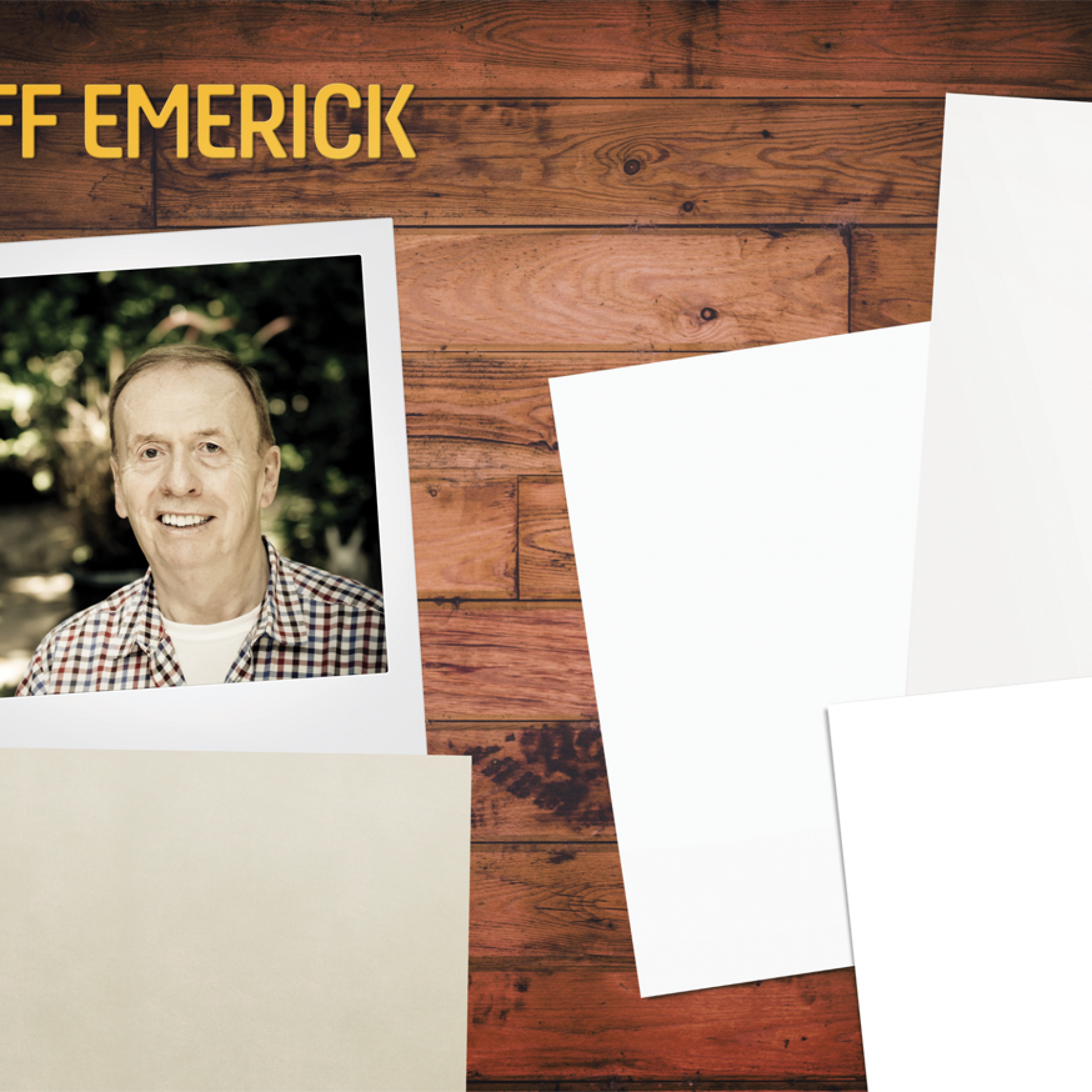
Geoff Emerick
5th December 1945 – 2nd October 2018
Geoff Emerick will forever go down in history as one of the greats, if not the greatest, recording engineer in history. His catalogue of work included engineering and producing records for artists including Paul McCartney, Wings, America, Jeff Beck, Art Garfunkel, Elvis Costello, Cheap Trick, Badfinger, Oasis, John McLaughlin and many more. Most famously he recorded The Beatles’ Revolver, Sgt. Pepper’s Lonely Hearts Club Band, and Abbey Road albums — three of the greatest albums of all time.
At a young age he turned the EMI recording system on its head at Abbey Road, refusing to accept the status quo when the art of sound was on the line. His hearing was peerless, his taste impeccable, and his attention to the art of music and engineering was faultless.
We were saddened to hear of Geoff’s passing this year, and so were his friends and past colleagues. We had the privilege of hosting Geoff — alongside his good friend and Abbey Road colleague, Richard Lush — for a keynote lecture at Integrate, and interviewing him for a story.
You can read the original story, A Day in the Life of Geoff Emerick, at www.audiotechnology.com to get more of an insight into this great man. With the help of Richard Lush, we’ve also collected tributes from a few of his good friends.
Farewell Geoff. We will miss you.

It seemed unlikely at first, but Geoff was always destined to be a recording engineer. He grew up in a home without much music. He only discovered music via his Aunt, an opera buff. The two formed a warm bond over the years. Geoff would visit after school and listen to her collection of mono microgroove records. In turn, she would take him out to live performances.
Around the age of 15, the careers master advised Geoff that after assessing his academic performance and persona with the teachers, his advice was to consider a career as an accountant. Geoff explained that he loved music and would much rather record microgroove records for a career.
The careers master contacted the appropriate agencies, but the only response came from EMI. It did have a program, but only accepted students from the local private school. With no interest from its own students that year, the private school rang around the local schools and eventually got on to Geoff’s advisor. That year, at 15, Geoff was on his way to Abbey Road Studios.
Geoff’s hearing was without peer and he regularly uncovered design defects or obscure faults in audio equipment that had gone unnoticed by others. At George Martin’s Air Studios, Geoff had always complained about something being ‘off’ with the left side main monitor. It was one of those big JBL bins, where the components were so spread out, it would have been almost impossible to discern absolute phase anyway. One maintenance day, the technical crew discovered that a super tweeter had been incorrectly wired. We decided to correct the fault and wait to see who noticed. Over the next week, there was not a peep.
A week later, Geoff arrived. Only a few minutes into his work day, Geoff storms into the workshop, ‘Who fixed the f**king speakers? What was wrong, I always said they were never right!’
On another occasion Geoff rejected a brand new Neve mixing desk. Rupert Neve, the designer, was summoned and could not fault the desk. Neve’s engineers eventually found the design fault, a capacitor that affected the circuit at 50kHz — two and a half times the normal human hearing range!
At Air one day, working with Geoff and the crew, Paul McArtney requested to hear the original Revolver master. Hearing that was an emotional moment for me, certainly the greatest day of my working life. Thanks Geoff for the wonderful work and the friendship.
Stephen Crane
Geoff Emerick had been my mentor since 1965. I will always be indebted to him for the countless lessons he taught me about sound. I know others share this same debt. Frank Filipetti a seven-time Grammy winning recording engineer based all the way over in New York said it was because of Geoff that he started in the business.
Al Schmitt, who has over 20 Grammys on his mantlepiece had this to say about Sgt. Pepper’s, “I listen to it today, and it still sounds as amazing as ever, if not more. The sound of the thing — the sonics themselves — still absolutely thrills me. The magic of Sgt. Pepper’s is forever.”
Geoff spent his later years lecturing and passing on to future engineers his words of wisdom.
He was so humble that despite Rupert Neve telling me once that “Geoff has the best ear” (high praise indeed), I’m sure he was deaf to how influential and ground-breaking he was in the audio field.
Geoff, you were a perfectionist in sound. There were no shortcuts to a good sound in your book. The mono Sgt. Pepper’s was your greatest achievement and will stand for centuries as a work of art. You were a legend, my friend and the best engineer to ever emerge from Abbey Road.
Richard Lush
I met Geoff for the first time early in 1972 when the producer John Burgess gave my band Patches an audition at the newly built AIR studios at Oxford Circus, in London’s West End. We had never been in a proper studio before and it showed, but the engineer was kind and patient while the guys in the band tried to get their noisy amps to work and the drummer rebuilt his kit. That was Geoff. I didn’t realise who he was at first, but by the time I did, I must admit I was already in awe. A year later I had just been picked up by my first manager Adam Faith when he took me up to Abbey Road Studios to have a look around. There I bumped into Geoff again, who took the time after Adam had gone home to show me round the famed Studio 2 and control room. We hit it off instantly and he told me he liked my voice, saying maybe sometime in the future we could work together. For various reasons this never happened, but we kept in touch. It was a nice surprise to catch up with him again when Geoff visited Sydney for the Integrate show a few years back. I had a wonderful dinner the night before with Geoff and our mutual friend and also ex-Abbey Road engineer Richard Lush. I was also pleasantly surprised to be invited to host the Q+A session AudioTechnology were putting on there the next day with Richard and Geoff. Time spent in the company of Geoff was always rewarding and great fun, too. He didn’t suffer fools and didn’t have much time for those who took production shortcuts. It was an honour be his friend, and I think of him every time I press record.
Leo Sayer










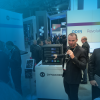
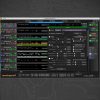





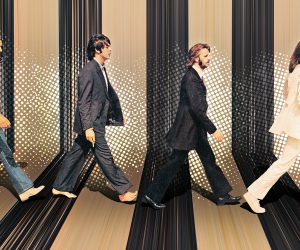

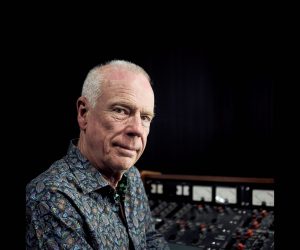







RESPONSES